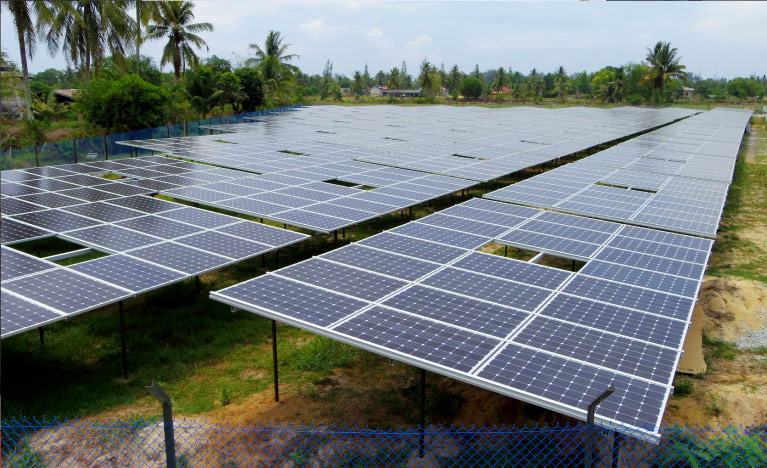| DATE | : 11 July 2019 |
|---|---|
| WRITER | : Predeep Nambiar |
| PUBLISHER | : FMT News |
GEORGE TOWN: The Penang government today said it wants to venture heavily into solar farming, spearheaded by its two local councils, in a push to harness renewable energy.
Local Government Committee chairman Jagdeep Singh Deo said the Seberang Perai Municipal Council (MPSP) had signed up for a solar power programme with Tenaga Nasional Berhad.
He said the Penang Island City Council was also ready to go big on solar farming.
Jagdeep said MPSP had signed an agreement with TNB as part of the SARE renewable energy plan in May, making it the first local council in the country to sign such a deal with TNB.
SARE or Supply Agreement of Renewable Energy, is a programme that covers the related agreements and policies for the supply and consumption of renewable energy in Malaysia.
With SARE, there is no upfront cost to install photovoltaic panels, which can be leased from a company through a fee agreed upon and would be reflected on the TNB bill.
The solar panel installation will let MPSP sell excess power generated by the panels to TNB and get energy credit on a “one-on-one offset basis” to further reduce its bills.
Jagdeep said that under the plan, solar panels had been installed on three of MPSP’s properties in Bukit Mertajam, while another 31 buildings on the mainland had been identified as potential for solar farming.
He said the Penang Island City Council had also identified 15 spots on the island to be used for possible solar farming projects.
Jagdeep also said the state government would spend RM75 million to convert all street lights from using conventional bulbs to LEDs by 2022 to reduce power consumption and bills in the long run.
He said 17,542 street lights would be replaced on the island and Seberang Perai.
He said Penang had 105,813 street lights in total – 34,104 of them on the island and the rest on the mainland.
A total of 31,596 are local government-owned while TNB owns 74,217.
He said 17,451 street lights out of 34,104 had been converted to LED on the island so far.
“This will reduce power costs by 50% to 60%. Currently, the Penang Island City Council pays RM6 million for street lights a year. I think we will save half of that sum when we convert all the lighting to LED,” he said.

